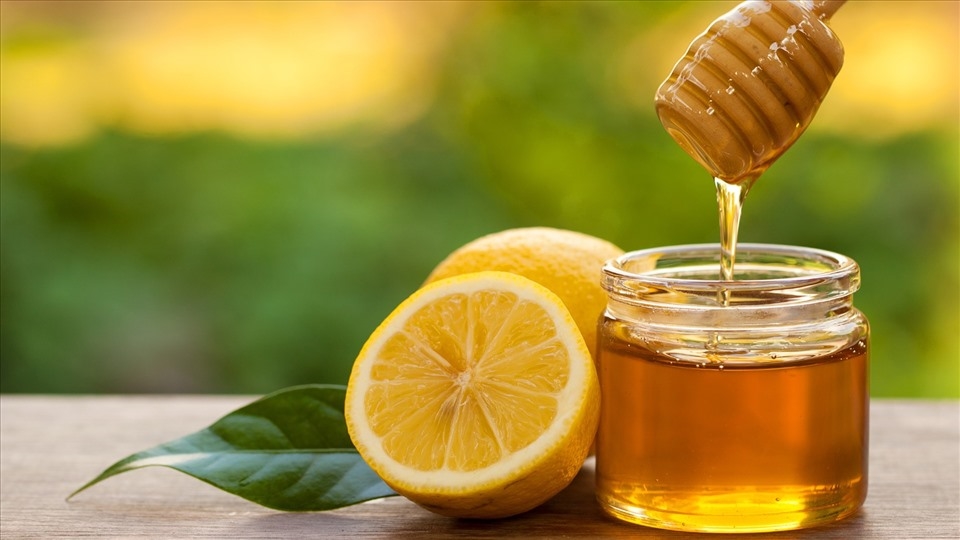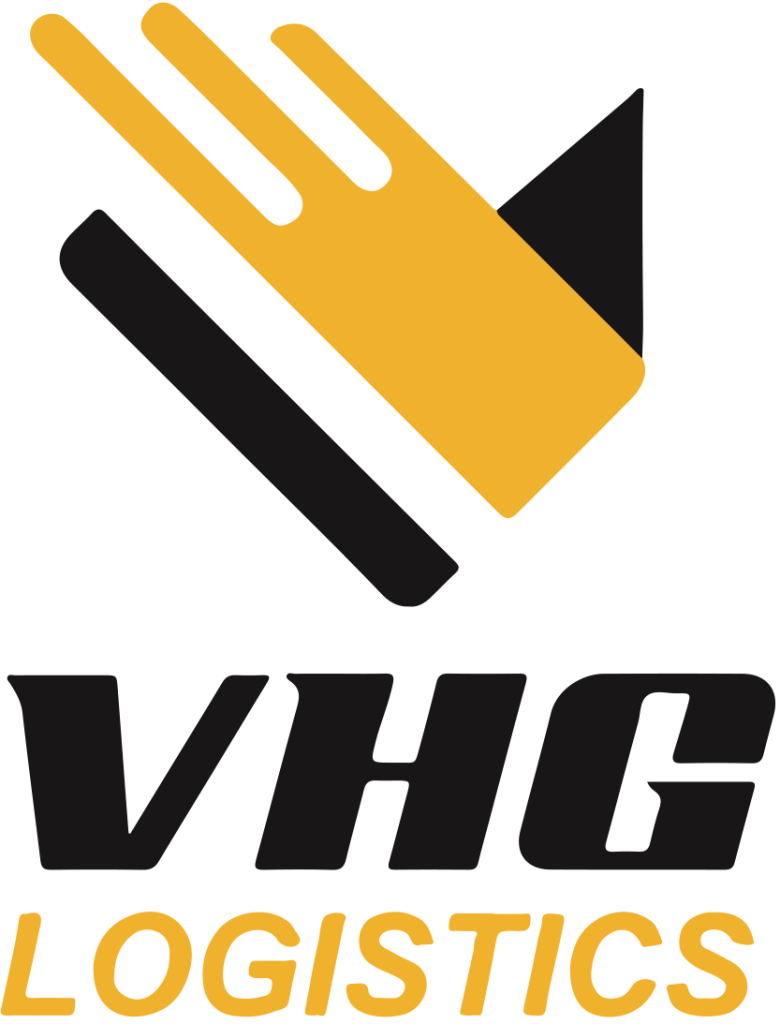Being subject to high taxes, Vietnam’s honey exports
16 August 2023
The United States and the EU are Vietnam’s two biggest honey export markets. However, currently exporting honey to these two markets is having difficulty
This is information shared by Mr. Dinh Quyet Tam – Chairman of the Vietnam Beekeeping Association at the Online Seminar “Disseminating and answering some new regulations of the veterinary law” coordinated by the Vietnam Agriculture Newspaper. recently organized by the Department of Animal Health, Department of Legal Affairs (Ministry of Agriculture and Rural Development).
According to Mr. Dinh Quyet Tam, Vietnam has been exporting honey since 1985. Since then, Vietnam has passed 5 times of EU inspections and 2 times of US inspections. In the latest assessment of the EU, they have recognized that Vietnam’s honey production has met EU requirements. Meeting the requirements of demanding markets such as the EU and the United States has helped Vietnam’s bee industry stand up to this day.
However, Mr. Dinh Quyet Tam also acknowledged the fact that compared to the needs and requirements of the EU and US markets, our facilities are still weak, and equipment is lacking and increasingly lacking.
2021 is the year the American Beekeepers Association filed a petition with the authorities requesting an anti-dumping investigation on honey from several countries exporting to the United States. In May 2021, the US Department of Commerce (DOC) decided to investigate the anti-dumping of honey products from Brazil, India, Ukraine, Argentina, and Vietnam.
With the subsequent decision of the DOC, Vietnam is the country subject to the highest anti-dumping tax among the five investigated countries, up to 58.74% – 61.27%. Therefore, from 2022 to now, Vietnam’s honey exports to the US market have all decreased.

While for the US market, Vietnamese honey faces anti-dumping duties, for the EU market, this product must meet very strict requirements and standards. Mr. Dinh Quyet Tam said that if in the past they only monitored residues (in the field of medicine), earlier this year they gave their opinion and said that Vietnamese honey had quality problems.
“The Department of Animal Health (Ministry of Agriculture and Rural Development) has immediately responded,” Mr. Dinh Quyet Tam informed.
Regarding veterinary drugs, in the past, when the EU side came to inspect, they asked to explain what veterinary drugs in beekeeping are, and their point of view is not to use any antibiotics in beekeeping. Although they do give residues, they only recommend organic acids.
Besides, according to the regulations of the world, feeding the bees is not allowed. EU regulations are very strict on the quality of honey. Honey exported to the EU, if mixed from any country, should be clearly stated on the label. Not only is the origin of the mixing water but also the ratio is regulated.
Regarding these issues, Ms. Huynh Thi Thanh Binh – Head of the Community Veterinary Medicine Department – Department of Animal Health (Ministry of Agriculture and Rural Development) shared, on the issue of beekeeping, the tasks have been decentralized locally. Therefore, the locality also needs to be responsible for the export of honey products. The order and quarantine of products for domestic use as well as for export have been specified in the system of legal documents.
The content related to the ratio of honey mixing as reflected by the Vietnam Beekeeping Association, the representative of the Department of Animal Health committed to discussing further in the direction of ensuring, and improving quality, food hygiene, and safety, by the standards and regulations of each market.
According to Ms. Binh, after the EU officially allows Vietnam to export honey to this market, every year, the Department of Animal Health must send a monitoring report on honey residues in the previous year and the plan for the next year for the EU to evaluate. price. If the assessment results are satisfactory, the EU will officially answer whether Vietnam can continue to export to the EU market or not.
The inspection of the implementation of the committed contents of the beekeepers and honey collectors shall comply with the provisions of Circular No. 17/2018/TT-BNNPTNT dated October 31, 2018, of the Minister of Agriculture and Rural Development. Industry and Rural Development. The appraisal and certification of establishments meeting food safety conditions for honey processing establishments comply with the provisions of Circular No. 38/2018/TT-BNNPTNT dated December 25, 2018, of the Minister of Agriculture and Rural Development Industry and Rural Development.
congthuong.vn
